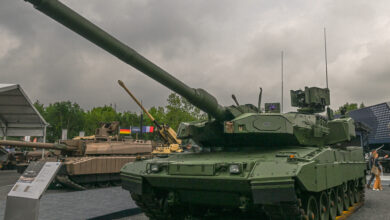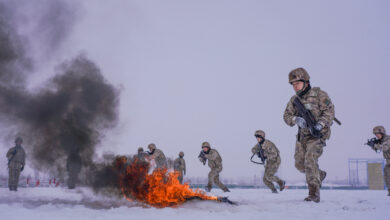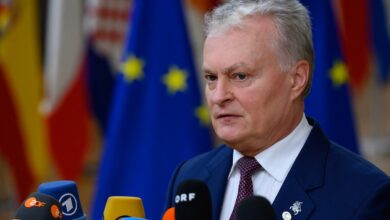Croatia Mulls Return of Military Conscription
Croatia’s Ministry of Defense has recommended to the government that military conscription be reinstated and military training be put back in the secondary school curriculum.
Reasons cited for this proposal include greater geopolitical tensions in Europe and the Balkans.
Given the country’s turbulent history during the 1990s and rising tensions in Eastern Europe, the government and Croatian population look favorably upon such a measure.
According to polls conducted by Croatian daily Vecernji List, 70 percent of 11,300 respondents supported the move.
Demographic Crisis
Another factor for reinstating conscription is an increasing demographic crisis.
In a relatively small country like Croatia, secondary school military training would provide a larger cross section of the populace with the type of education necessary in the event of conflict.
Such a measure is of vital importance because of the country’s declining birth rate, according to General Marinko Krešić.
Trend Across Europe
Other countries on the continent are considering similar measures or have reinstated mandatory military service in response to heightened regional tensions.
Last year, Latvia reinstated military conscription in response to the threat posed by Russia’s full-scale invasion of Ukraine.
“The state defence service is our answer to the new geopolitical threat,” Latvian Defense Minister Inara Murniece told lawmakers ahead of the vote.
“Since Russia’s brutal invasion of Ukraine, we can ensure that Latvia is protected only through complex defence solutions, which include not just weapons systems but also a large segment of society at the ready for military action,” she added.
Latvia did away with mandatory service a few years after joining NATO.
Earlier this month, Serbian Defense Minister Milos Vucevic announced that an initiative had been launched to reactivate conscription.
He said that military service would be of shorter duration, only four months, with periodic training afterward to ensure conscripts maintain their skills.
“During that period, we could train the young guys well and then maintain them at that level of training at certain time intervals,” Vucevic said.
The war in Ukraine and continued tensions with neighboring Kosovo — whose declaration of independence Serbia does not recognize — contribute to an overall positive attitude toward these measures among the government and civilians.












